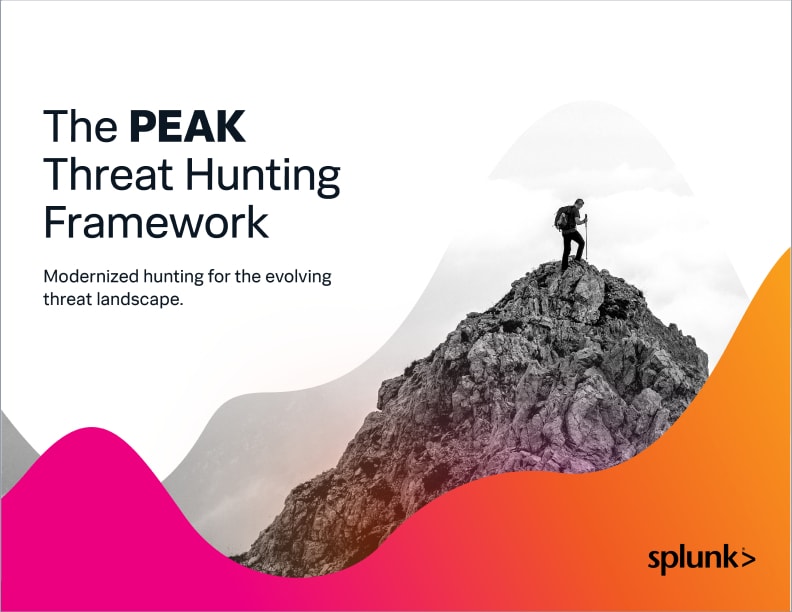Cybersecurity Skills for Pros To Have

So, you’re interested in cybersecurity! That’s great, because the whole world needs more skilled security professionals.
Cybersecurity is the massive practice of “protecting computer and network systems against intrusion, theft or damage. It’s the main line of defense against a vast number of digital adversaries.” The consequences of bad cybersecurity is disastrous, potentially resulting in losses in the millions of dollars. In fact, cybercrime is estimated is to cost the world $10.5 trillion — annually — by 2025.
Today, cybersecurity is a mandate. The internet has become more accessible, with one clear outcome being an increase in organizations falling victim to malicious software, hacking, and extortion of their systems, among other threats.
So, let’s take a look at what it means to be a cybersecurity pro and what skills you’ll want to excel at. Overall, these skills will make you a well-rounded cybersecurity professional, capable of addressing the ever-evolving threat landscape and protecting sensitive information.
Who is a cybersecurity expert?
A cybersecurity expert is a catch-all phrase that can mean any person working in some aspect of cybersecurity. Often, but not always, you may have a background in computer science or engineering. Other times, you may have learned your skills on the job, doing IT, networking, and first-line cyber response.
A cyber ninja’s skills are not limited to the technical aspects—you’ll also want to excel at critical thinking, communication, and collaboration with other team members to protect vital information from threats or attacks.
(Related reading: the security analyst role, the SOC manager & common cybersecurity jobs.)
Technical skills
The following are the core skills required for individuals who want to enter the field of cybersecurity or for professionals already working in the domain:
Degree in Computer Science/Engineering or related field
Because the cybersecurity field covers technical areas related to engineering, threats, and risk management. Computer scientists focus on knowledge of computing theories, an essential field for cybersecurity experts.
It's important to know: while a degree in Computer Science/Engineering is beneficial, it's not impossible to become a cybersecurity expert without one.
Opportunities are available through hands-on learning. Plus, Coursera and many other provides teach accredited cybersecurity certificate programs. However, this path will demand resilience, dedication, commitment, and consistency on your part.
(Explore top security certifications & listen to these podcasts.)
Proficiency in core programming languages
Cybersecurity professionals use core programming languages such as Python, JavaScript, PHP, SQL, and C++, among others. Proficiency in these languages is essential for:
- Identifying threats and vulnerabilities.
- Understanding the language patterns used in hacking, which can be valuable during a cyberattack.
Network security
This skill protects a network/system from unauthorized access or breaches. Network security experts often create firewalls, security protocols, and antivirus software to ensure the confidentiality and accessibility of an organization's network.
Therefore, network security professionals must be knowledgeable in technical skills such as:
- Cloud security
- Tools like intrusion detection, intrusion prevention and firewalls
- Threat modeling
- Network security management tools and applications like Splunk.
(Read about the TDIR lifecycle: threat detection, investigation & response.)
Proficiency in core operating systems
To truly understand the field, you must be proficient in using core operating systems like Linux and Windows. Operating systems are the heart of a computer, and your work as a cybersecurity professional is incomplete without a deep understanding of how these systems operate.
Without this knowledge, managing programs, securing networks against cyberattacks, identifying vulnerabilities, and thinking like a hacker is almost impossible. Therefore, a solid grasp of operating systems is essential for your role in cybersecurity.
Soft skills required for cybersecurity
It isn’t only technical skills you need. In fact, you can reign supreme at all the technical skills — but if you can’t get your point across or be heard by your team, what’s the point? That’s where soft skills are essential.
Communication
In the cybersecurity field, effective communication is not limited to technical professionals. It is essential to communicate clearly with non-technical stakeholders who may need information on current projects or require clarification on important technical issues.
Your explanations should be concise and leave no doubts in the minds of your audience.
Collaboration & teamwork
No one is an island of knowledge, which underscores the need for collaboration and teamwork with colleagues in the workplace. Working together toward a common goal fosters:
- Innovation
- Exchange of ideas
- Quick problem-solving
- Improved productivity
Critical thinking
Critical thinking involves analyzing information objectively and using available data and research to draw logical conclusions. Key aspects of critical thinking include:
- Making observations.
- Evaluating data.
- Formulating hypotheses to arrive at reasonable conclusions.
This skill is instrumental in enhancing your problem-solving and decision-making abilities.
Logical reasoning
To understand a hacker, it is important to think like one. Logical reasoning enables you to:
- Anticipate potential attacks.
- Check for vulnerabilities.
- Respond to security breaches.
This skill helps you make critical decisions and enhances your analytical thinking.
Awareness of trends & emerging technologies
While all the aforementioned skills are crucial to your role as a cybersecurity professional it is important to stay up to date with current trends in the cybersecurity landscape. Understanding current cyber threats and adapting quickly to this dynamic environment is essential to the success of your chosen career.
Wrapping up
In this article, you have gained an insight into what it takes to become a cybersecurity professional. In addition to the technical skills required to excel in this field, soft skills such as effective communication, collaboration, and teamwork are essential for job satisfaction, better interaction with co-workers, and the ability to evaluate information effectively.
See an error or have a suggestion? Please let us know by emailing splunkblogs@cisco.com.
This posting does not necessarily represent Splunk's position, strategies or opinion.
Related Articles
About Splunk
The world’s leading organizations rely on Splunk, a Cisco company, to continuously strengthen digital resilience with our unified security and observability platform, powered by industry-leading AI.
Our customers trust Splunk’s award-winning security and observability solutions to secure and improve the reliability of their complex digital environments, at any scale.




